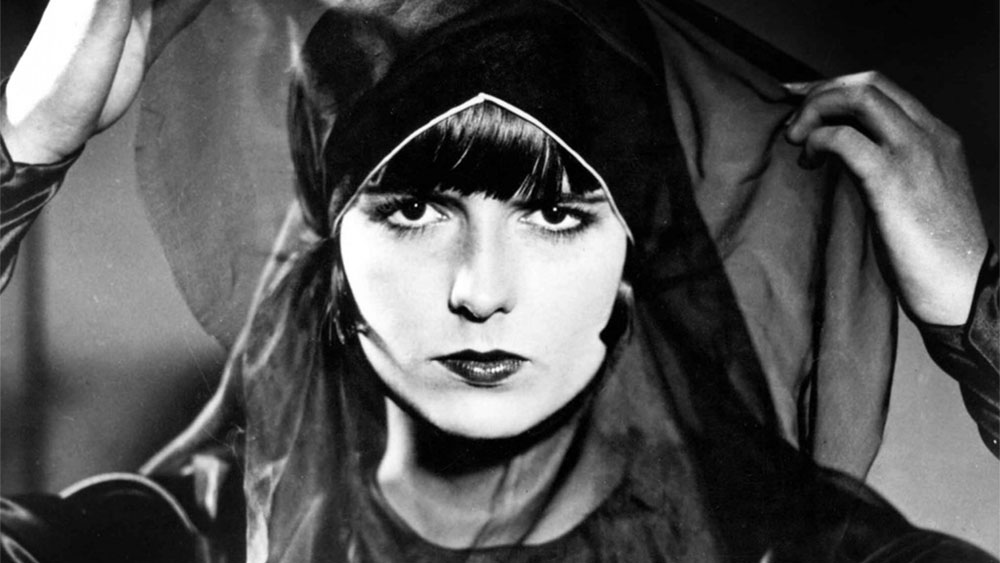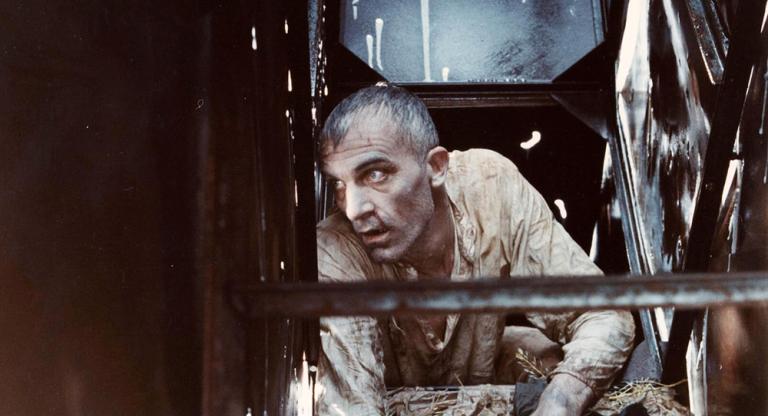It starts with a menorah and ends with a Christmas tree, and in the 140 minutes which separate the two, G.W. Pabst’s 1929 film Pandora’s Box finds time for murder, suicide, gambling, prostitution, marriage, affairs, the fiscal and Freudian ties of family, lesbianism, and the high kitsch of the dance revue. Pabst was one of many Weimar-era filmmakers working under the mounting artistic and political tension of the period. He somehow both brought Brecht’s Marxism to the big screen in his 1931 film of The Threepenny Opera and inspired Leni Riefenstahl to get behind the camera. “He was the first to make me see I had a talent for directing,” she said of Pabst, who had directed her in the non-mountain climbing scenes of The White Hell of Pitz Palü (1929). Pandora’s Box is a wonderful evocation of the danger and excitement of the age: A fresco of the liveliness of a German periphery which would soon face death and diaspora.
The owner of the menorah and heroine of Pandora’s Box, Lulu, is a kept woman. Unlike traditional sex work, which is a cash exchange, Lulu is paid for her affections with a plush temporary life. She lives in a spacious rental, wears this year’s clothes, and has the best haircut in Berlin, but is, ultimately, at the whim of the fleeting favor of beauty. When the affairs end, the lavish gifts have little resale value. Flowers decay, chocolate rots. As the film opens, she’s considering a change.
The two possibilities open to Lulu are symbolized by her scheming bedraggled father (and, it is suggested, former pimp) and the respectable newspaper editor Dr. Schön. Lulu’s father wants her to become a dancer and shake it between centurions and scimitars at the revue. Schön doesn’t know what he wants. He’s ruining himself by keeping Lulu (his genteel world, with its long refined mustaches, leather bound books, and demure blonde bride to be, is aghast at the affair) but also knows that his other options (losing Lulu or marrying her) are worse. As Schön says, “One doesn’t marry such women! It would be suicide!” In retrospect, Schön’s choice, which is far deadlier than any suicide, is a broader analogy for the terrible end of Weimar Berlin where so many Schöns who were torn between the allure of the increasingly bold and visible periphery, and loyalty to their own prejudiced class, suddenly faced a violent ultimatum.
Pandora’s Box runs until February 22, at Film Forum, in a new digital restoration.



